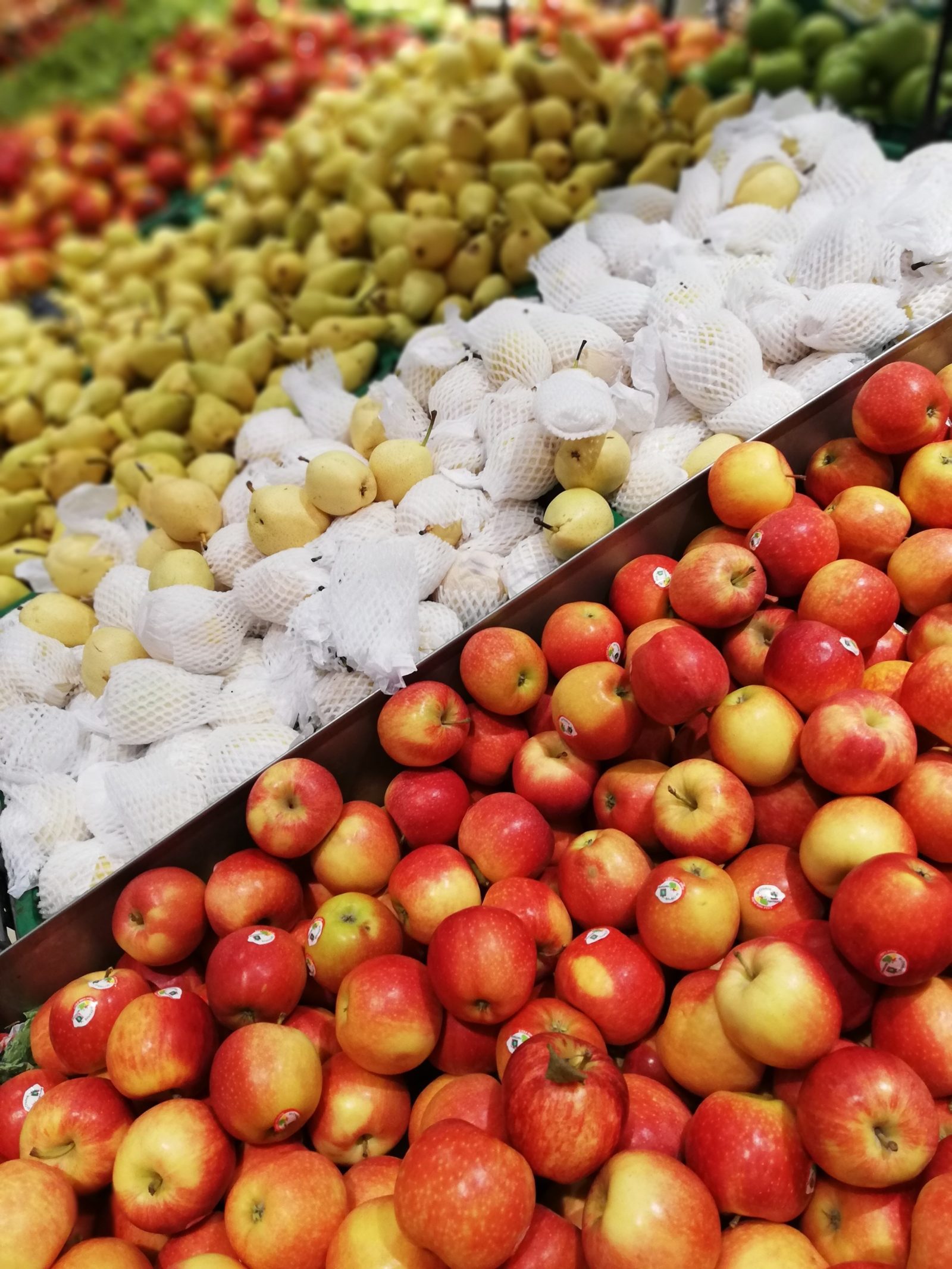Recent trends show a significant increase in food prices in the Czech Republic, causing concern for both consumers and experts. This surge can be attributed to various factors such as global inflation, high energy costs, and the ongoing conflict in Ukraine.
Global inflation, fueled in part by the COVID-19 pandemic, is one of the main factors contributing to the rising food prices. The pandemic disrupted supply chains, causing an imbalance in demand and supply, which in turn led to increased costs for various commodities.
Additionally, escalating energy prices are directly impacting food production costs. Higher energy costs result in increased expenses for transportation, storage, and processing of food products, which ultimately get passed on to consumers.
The ongoing conflict in Ukraine also plays a significant role in the current situation. As a major agricultural producer and exporter, Ukraine’s instability is causing disruptions in the global food market. This situation further exacerbates the already strained supply chains, pushing prices even higher.
Experts warn that the increased food prices are not a temporary issue, and the situation is likely to persist for an extended period. Consumers are encouraged to adapt their shopping habits, seeking more affordable alternatives and local products to help mitigate the impact of these rising costs.
In conclusion, the Czech Republic is facing a challenging period with surging food prices. The combined effect of global inflation, high energy costs, and the ongoing conflict in Ukraine is causing considerable strain on both consumers and experts. The situation is expected to continue for some time, making it essential for consumers to adapt their shopping habits to help alleviate the burden of these increasing costs.





